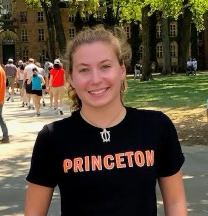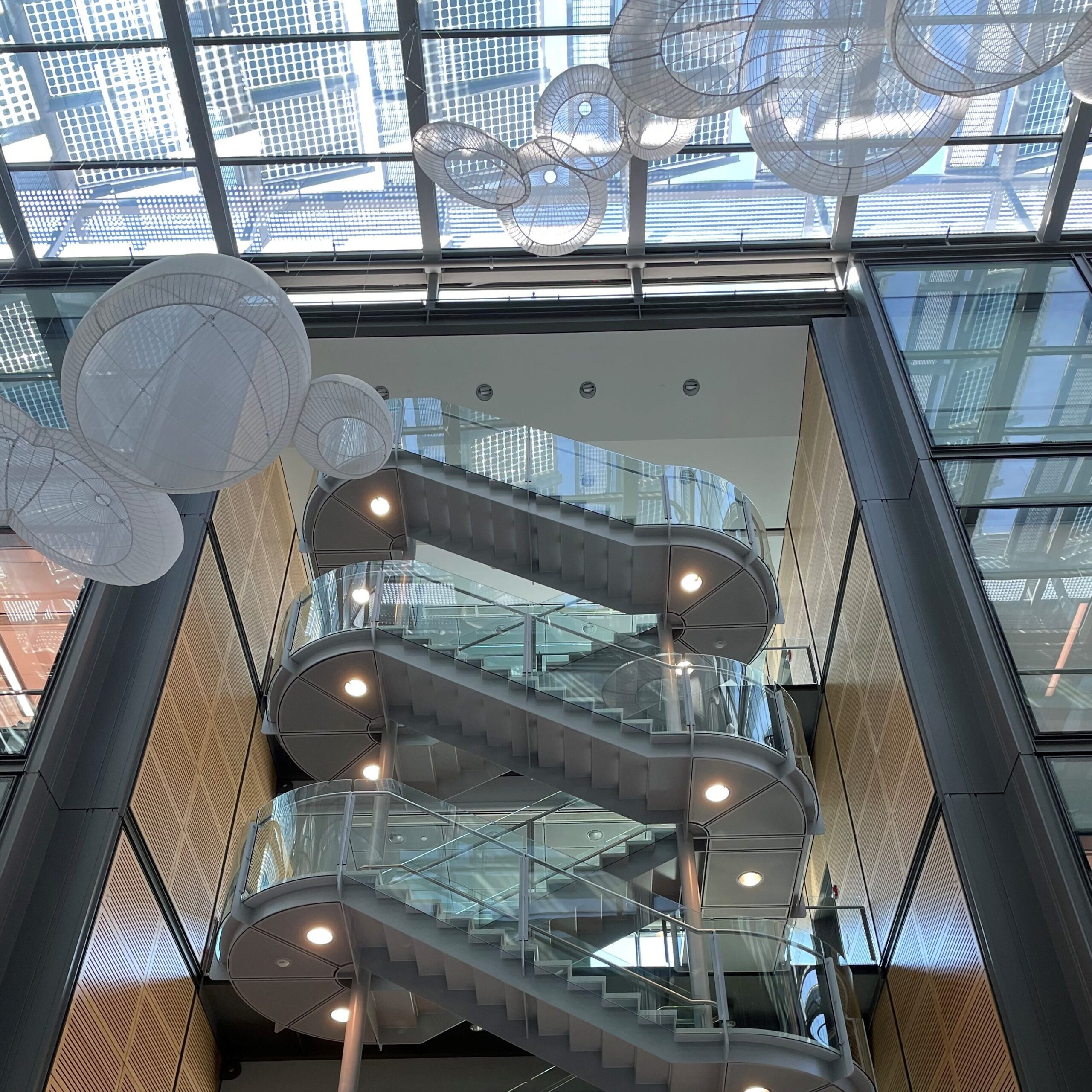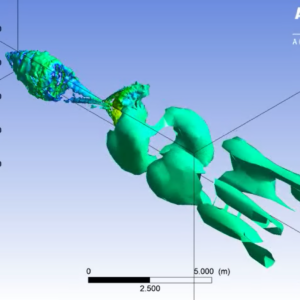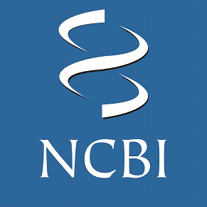Kasey Shashaty is a junior majoring in Electrical and Computer Engineering. She began working at the PULSe (Princeton University Laser Sensing) Lab in the summer of 2021 and has been working with them since. In this interview, Kasey and I discuss how she got involved in this lab through the ReMatch+ program, her experiences working in the lab both virtually and in-person, and where she is taking her experiences in the future.
Continue reading Experiences in the ReMatch+ Program: An Interview with Kasey Shashaty ’23 – Part 1A Week in My Life Doing Materials Science Research
This semester, I am doing junior independent work in the Arnold lab group at Princeton, which is based in the MAE department but also focuses on materials science, which is what I am interested in. My project investigates creating graphene aerogels from protein precursors, which basically means that I get to select different proteins of interest, freeze-dry them, pyrolyze them, and then see if they create graphene by examining them under a scanning electron microscope (SEM). These graphene aerogels are interesting materials because of their high porosity and conductivity, making them promising for applications to energy storage, which is why we are interested in researching them.
I thought it might be interesting to highlight a week in my life (well, actually two weeks) to give some insight on what lab-based independent work can look like during the school year. I want to note that this is only my experience as a CBE major, and independent work can look very different for other majors. If you’re an underclassman interested in doing junior independent work or just curious about what that could entail, I hope that this post can provide some insight.
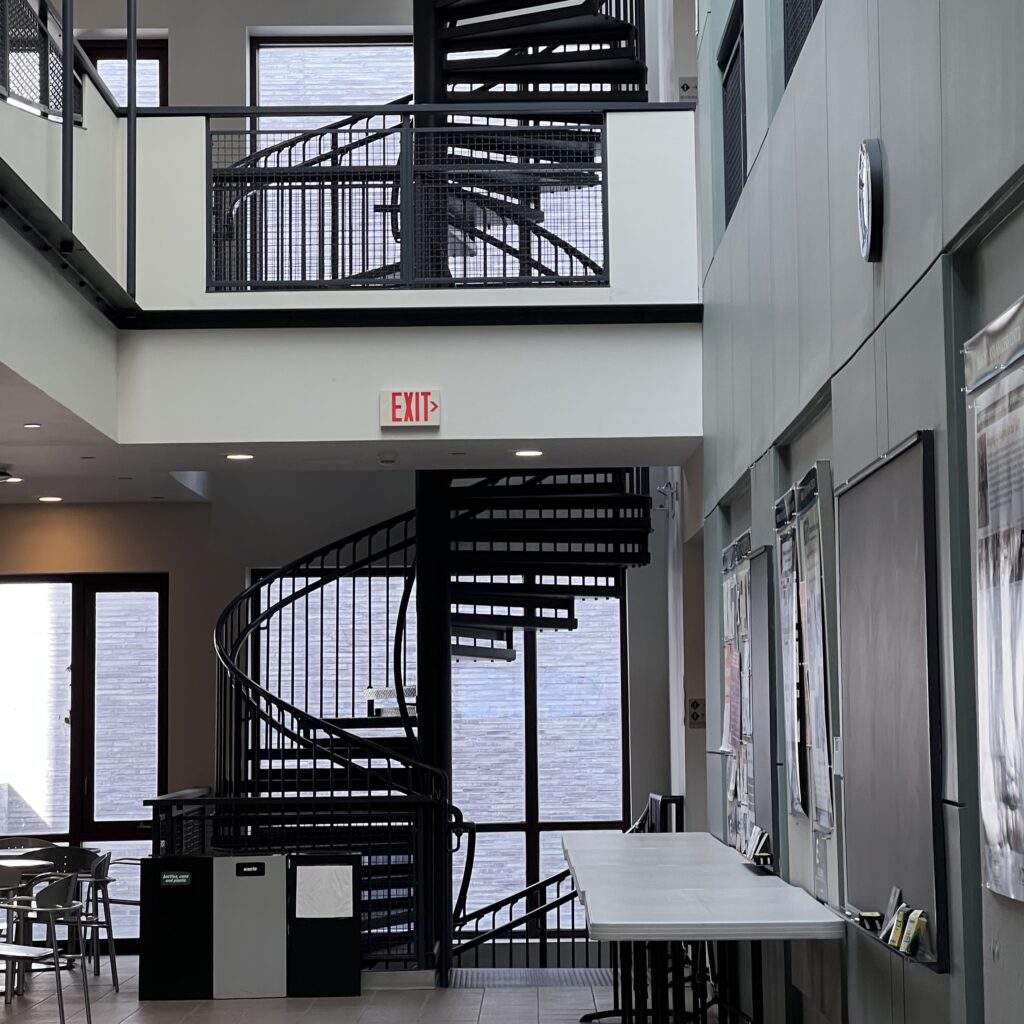
Lessons from Junior Independent Work in MAE
In the fall of 2021, I worked in the Computational Turbulent Reacting Flow Laboratory under the guidance of Professor Michael Mueller. In the Mechanical and Aerospace Engineering (MAE) department, junior independent research is optional. I enrolled in MAE339: Junior Independent Work in the fall and am currently continuing my research this spring semester. Research was an integral part of my high school experience, and I was excited to start working on independent research in my junior year of college in a different setting. Now, I want to share a few of the lessons I learned from this past semester with you:
Get Your Independent Work Done Without Stress
As a B.S.E junior doing independent work for the first time, I am already anticipating the stressful cram at the end of the semester that comes with senior thesis and junior independent work deadlines. As busy Princeton students, we often don’t think that we have enough time in the week to work consistently on our independent work, and thus, a lot of it inevitably gets pushed off to the weeks (and days) before the deadline. But it doesn’t have to be this way. Putting together a comprehensive plan to organize and budget your time at the beginning of the semester can save so much hassle down the road. Therefore, I think it will be helpful to walk through how to create a plan for independent work over the course of the semester.

What are First-Years Researching? An Interview With My Legendary Zees
On campus, I am a Residential College Adviser in Whitman College. It is by far the most meaningful part of my Princeton experience and I am thankful every day to have such amazing advisees (zees). In the fall, I decided to interview some of my zees on the incredible research that they have done on campus and how they became involved in this research. My freshmen show that research does not always mean working in a lab or on a senior thesis like many often assume. There are so many different ways to become involved with research on campus, whether it’s through writing a paper or joining an academic club. My hope is that seeing the research that my zees did last semester will inspire you to do your own and also show you what research on campus can look like for first years. So, without further ado, here is the research conducted by the most legendary zees of all time:
Continue reading What are First-Years Researching? An Interview With My Legendary ZeesTips on Finding, Joining and Thriving in a Research Lab!
With the COVID-19 pandemic, my ability to participate in lab work, which I had imagined would be a key part of my university experience, was quite limited. While my remote research experiences taught me many interesting skills, such as using computational tools like Gaussian and PyMol, I was eager to start lab work in-person once restrictions allowed for undergraduate research. With my previous remote internship during the Leach Summer Scholars Program, I continued working with the Knowles lab with my summer mentor on a new project. I wanted to share the lessons I’ve been learning after my first few months in the lab which I hope will be helpful and relevant for you!
Continue reading Tips on Finding, Joining and Thriving in a Research Lab!A Look into the Publishing Process for Academic Journals
An important part of research is writing and publishing papers in peer-reviewed academic journals. Through a Princeton-alumni sponsored internship last summer, I was fortunate enough to co-author and publish two materials science review papers, one in a journal called Gels and the other in the International Journal of Molecular Sciences, both a part of the Multidisciplinary Digital Publishing Institute, or MDPI. Since the publishing process was entirely new to me, I thought it would be helpful to give some insight into what publishing looks like, which is helpful especially if you are interested in pursuing research in graduate school. I will note that although having published papers is helpful for admission to graduate school, it is by no means required.
Continue reading A Look into the Publishing Process for Academic JournalsJumping In and Out of Virtual Research
When I entered my sophomore year in the fall of 2019, I was determined to get more hands-on engineering experience. I applied for a High Meadows Environmental Institute Internship to do research on a robotic tuna at the Princeton Gas Dynamics and Fluid Dynamics Lab. I was fortunate enough to have been accepted to the internship, and I spent the early part of 2020 getting ready to work under the tutelage of Professor Alexander Smits and postdoctoral scholar Dr. Liuyang Ding. The project was to conduct an experiment where we would measure the generated thrust force, power, and efficiency of a robotic tuna.
Continue reading Jumping In and Out of Virtual ResearchNCBI: An Invaluable Tool for Life Sciences Classes and Research!
Have you ever come across something in class that you wish you could get a better Have you ever been wondering more about how proteins are made in the body? Or have you ever been looking for a specific type of lab experiment protocol for your independent work? If yes, then look no further than the National Center for Biotechnology Information (NCBI) website! It contains dozens of resources, some of which I have found to be very handy in my own research and school experiences. The site is tailored for students in the life-sciences field, but there is a lot of breadth in the resources available—you’ll be able to find useful tools regardless of whether you’re a MOL or CHM major, or if you’re interests lie in researching chemically synthesis mental health, or neurodegenerative diseases.
A very useful tool on the NCBI website is Bookshelf. There is a search bar at the top of the website where you can input some topic, book title, or field name, and the program will return a variety of different reference materials relating to the query, including full scientific textbooks, book chapters, studies. On the side, there are often figures and graphs that may relate to your search.
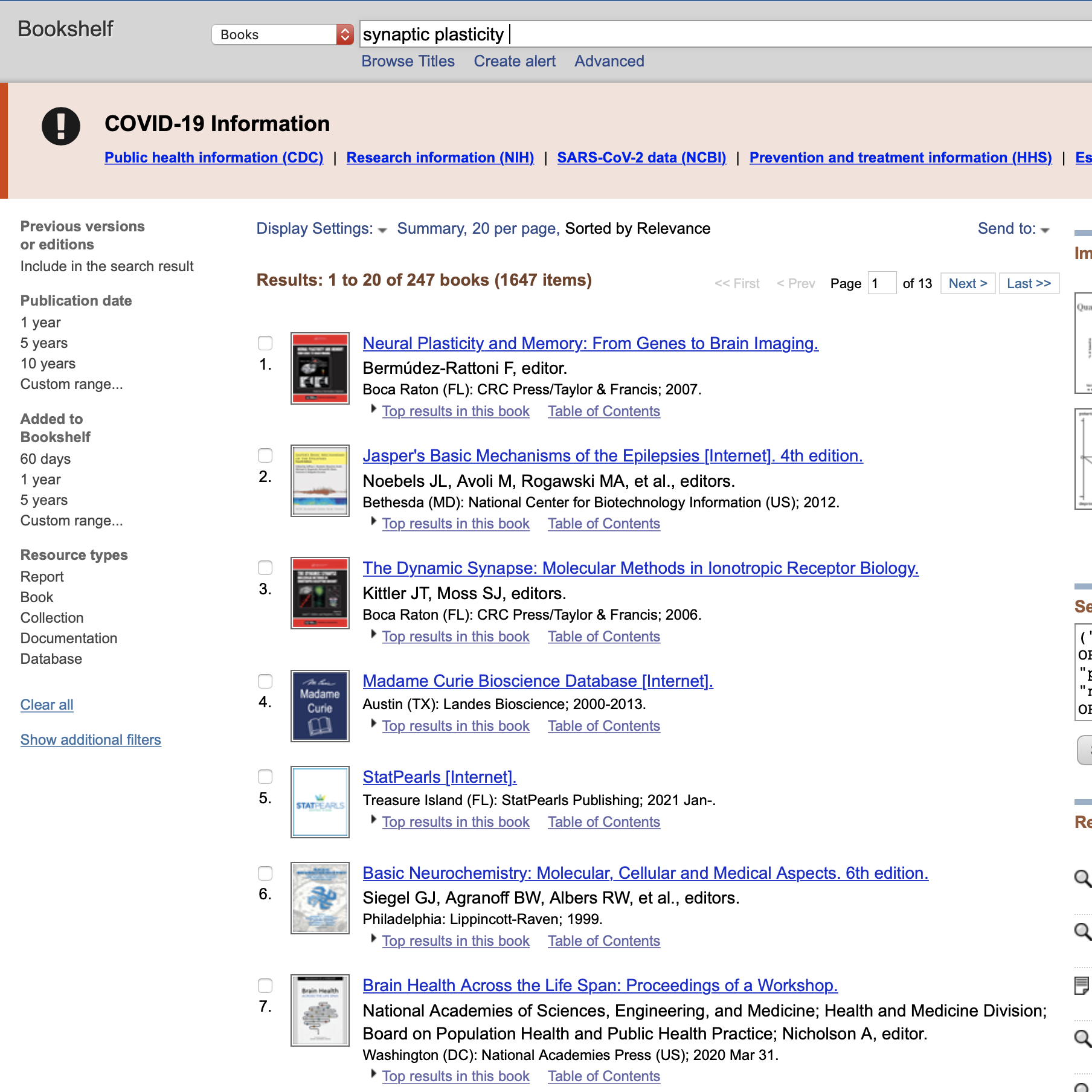
Writing a Literature Review? Some Tips Before You Start
Writing the literature review section for a scientific research article can be a daunting task. This blog post is a summary of what I have personally found to best help when writing about scientific research. I hope some of these tips can help make the process an easier and more fulfilling experience!
Continue reading Writing a Literature Review? Some Tips Before You Start
